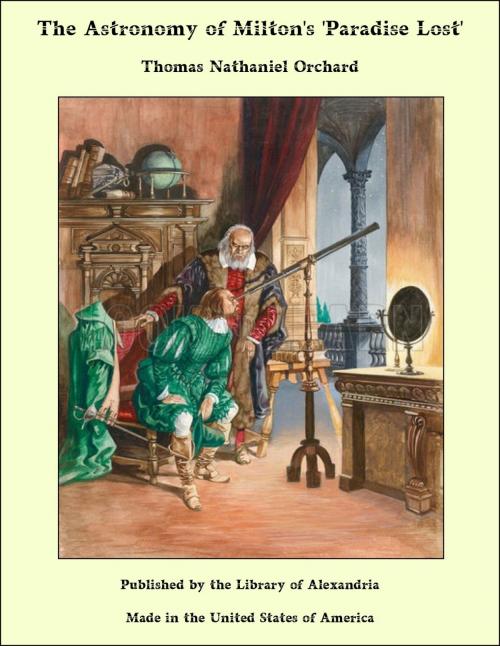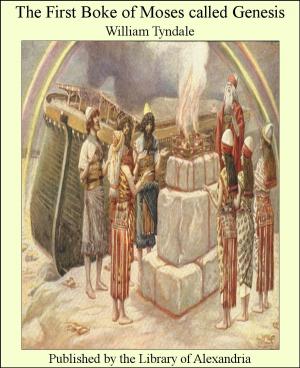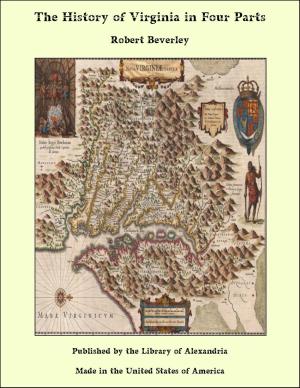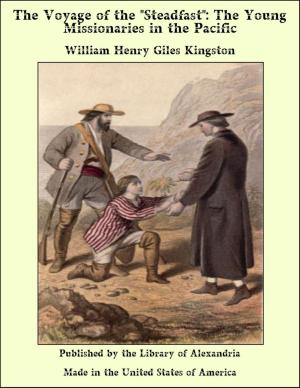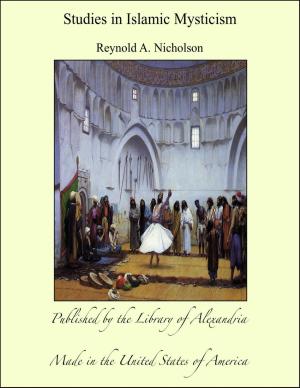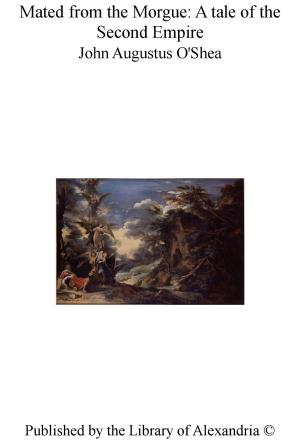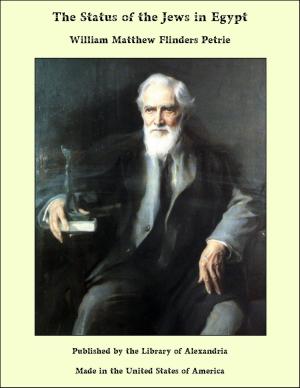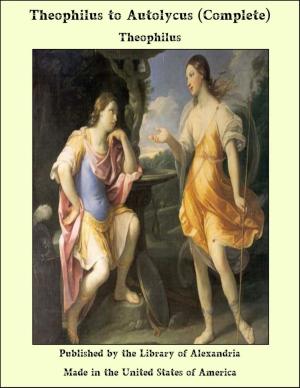The Astronomy of Milton's 'Paradise Lost'
Nonfiction, Religion & Spirituality, New Age, History, Fiction & Literature| Author: | Thomas Nathaniel Orchard | ISBN: | 9781465614155 |
| Publisher: | Library of Alexandria | Publication: | March 8, 2015 |
| Imprint: | Language: | English |
| Author: | Thomas Nathaniel Orchard |
| ISBN: | 9781465614155 |
| Publisher: | Library of Alexandria |
| Publication: | March 8, 2015 |
| Imprint: | |
| Language: | English |
Astronomy is the oldest and most sublime of all the sciences. To a contemplative observer of the heavens, the number and brilliancy of the stars, the lustre of the planets, the silvery aspect of the Moon, with her ever-changing phases, together with the order, the harmony, and unison pervading them all, create in his mind thoughts of wonder and admiration. Occupying the abyss of space indistinguishable from infinity, the starry heavens in grandeur and magnificence surpass the loftiest conceptions of the human mind; for, at a distance beyond the range of ordinary vision, the telescope reveals clusters, systems, galaxies, universes of stars—suns—the innumerable host of heaven, each shining with a splendour comparable with that of our Sun, and, in all likelihood, fulfilling in a similar manner the same beneficent purposes. The time when man began to study the stars is lost in the antiquity of prehistoric ages. The ancient inhabitants of the Earth regarded the heavenly bodies with veneration and awe, erected temples in their honour, and worshipped them as deities. Historical records of astronomy carry us back several thousand years. During the greater part of this time, and until a comparatively recent period, astronomy was associated with astrology—a science which originated from a desire on the part of mankind to penetrate the future, and which was based upon the supposed influence of the heavenly bodies upon human and terrestrial affairs. It was natural to imagine that the overruling power which governed and directed the course of sublunary events resided in the heavens, and that its decrees might be understood by watching the movements of the heavenly bodies under its control. It was, therefore, believed that by observing the configuration of the planets and the positions of the constellations at the instant of the birth of an individual, his horoscope, or destiny, could be foretold; and that by making observations of a somewhat similar nature the occurrence of events of public importance could be predicted. When, however, the laws which govern the motions of the heavenly bodies became better known, and especially after the discovery of the great law of gravitation, astrology ceased to be a belief, though for long after it retained its power over the imagination, and was often alluded to in the writings of poets and other authors.
Astronomy is the oldest and most sublime of all the sciences. To a contemplative observer of the heavens, the number and brilliancy of the stars, the lustre of the planets, the silvery aspect of the Moon, with her ever-changing phases, together with the order, the harmony, and unison pervading them all, create in his mind thoughts of wonder and admiration. Occupying the abyss of space indistinguishable from infinity, the starry heavens in grandeur and magnificence surpass the loftiest conceptions of the human mind; for, at a distance beyond the range of ordinary vision, the telescope reveals clusters, systems, galaxies, universes of stars—suns—the innumerable host of heaven, each shining with a splendour comparable with that of our Sun, and, in all likelihood, fulfilling in a similar manner the same beneficent purposes. The time when man began to study the stars is lost in the antiquity of prehistoric ages. The ancient inhabitants of the Earth regarded the heavenly bodies with veneration and awe, erected temples in their honour, and worshipped them as deities. Historical records of astronomy carry us back several thousand years. During the greater part of this time, and until a comparatively recent period, astronomy was associated with astrology—a science which originated from a desire on the part of mankind to penetrate the future, and which was based upon the supposed influence of the heavenly bodies upon human and terrestrial affairs. It was natural to imagine that the overruling power which governed and directed the course of sublunary events resided in the heavens, and that its decrees might be understood by watching the movements of the heavenly bodies under its control. It was, therefore, believed that by observing the configuration of the planets and the positions of the constellations at the instant of the birth of an individual, his horoscope, or destiny, could be foretold; and that by making observations of a somewhat similar nature the occurrence of events of public importance could be predicted. When, however, the laws which govern the motions of the heavenly bodies became better known, and especially after the discovery of the great law of gravitation, astrology ceased to be a belief, though for long after it retained its power over the imagination, and was often alluded to in the writings of poets and other authors.
